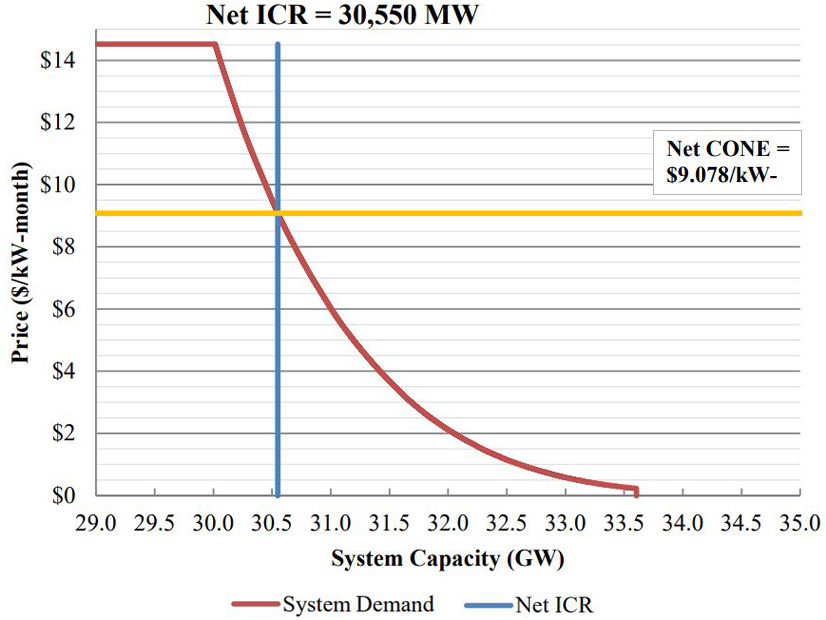Avangrid reported a year-over-year decrease in income but said a timely pause in its offshore wind projects saved it from write-offs that could have run into the billions.
CEO Pedro Azagra gave an upbeat fourth-quarter and year-end assessment to financial analysts Feb. 22, noting significant progress on the long-delayed New England Clean Energy Connect transmission line and landmark achievements with Vineyard Wind 1, both now under construction.
In 2022, Avangrid was one of the first developers to publicly sound the alarm about the financial crisis facing the nascent U.S. offshore wind industry, as projects that had locked in power purchase agreements years earlier saw their projected costs of construction soar.
Developers holding contracts for more than half the contracted U.S. offshore wind capacity have canceled the contracts or the projects.
In 2023, Avangrid agreed to $64 million in penalties to cancel its power purchase agreements for Park City Wind in Connecticut and Commonwealth Wind in Massachusetts. After taxes, the net cost was just $29 million, Azagra said.
(See Park City Wind to Cancel PPAs, Exit OSW Pipeline and Commonwealth Wind PPA Cancellations OK’d.)
By contrast, some other companies developing projects off the Northeast coast — BP, Equinor, Eversource and Ørsted — recently have reported huge impairments.
“This allows us to maintain future profitable opportunities with this business,” Azagra said, “as opposed to our peers’ multibillion-dollar write-offs, which continue to mount.”
Vineyard Wind 1, the nation’s first large-scale offshore wind project, was far enough along when supply chain constraints and cost increases hit the industry that it could continue to construction. (South Fork Wind, about one-sixth the size of Vineyard, also started construction around the same time and is nearing completion.)
Avangrid and the state of Massachusetts chose Feb. 22 to celebrate the fact that five of Vineyard’s turbines are spinning at full capacity, delivering up to 68 MW of emissions-free electricity to Massachusetts. Five more are in place but not operational.
That leaves 52 turbines and 738 MW to go, more than one year after construction started on Vineyard and nearly three years after federal regulators greenlighted the project.
Azagra sidestepped an analyst’s question on when the 50-50 joint venture with Copenhagen Infrastructure Partners would reach full operation.
“What we have learned in the last 12 months is a focus sometimes on specific deadlines is almost irrelevant,” he said. “The important thing is to finish the project.”
In other news, Avangrid Networks President Catherine Stempien said construction of New England Clean Energy Connect in Maine is going well after litigation delays. (See New England Clean Energy Connect Wins Court Battle.)
“Twenty-five percent of our foundations have been set and 20% of poles,” she said. “We’ve already started stringing conductor on the corridor. We’ve also been doing substantial construction laying the foundation for our HVDC converter station.”
The line will bring 1,200 MW of power from Québec hydroelectric facilities to New England.
Avangrid also continues selective onshore renewable development, Azagra said. It commissioned 311 MW of onshore capacity in 2023 and is working on projects totaling 998 MW, 687 MW of which is contracted to power data centers.
Avangrid reported GAAP net income of $397 million for the fourth quarter of 2023 and $786 million for the full year. That compares with $147 million and $881 million, respectively, in 2022.
GAAP earnings per share were $1.03 in the fourth quarter of 2023 and $2.03 for the full year, compared with $0.38 and $2.28, respectively, in 2022.
Avangrid’s stock closed 0.3% lower Thursday amid average trading volume.

